Do you suffer from CPA?
How is your CPA problem impacting your clients, your practice, and your life?
No, I am not talking about your accountant.
I am talking about Continuous Partial Attention (CPA). This is where you pay a little attention to a lot of things continuously. After all, you don’t want to miss anything.
As a result, you are always on. Scanning and on high alert – for threats, mistakes, and opportunities. Your brain struggles to consume as much input as possible and process everything it consumes.
There is a time and place for CPA.
However when you’re constantly trying to pay attention to everything your brain will always be in crisis – which triggers your fight, freeze or flee response.
The results are:
- Excessive amounts of stress.
- Overwhelm and over-stimulation
- Reduced ability to reflect and make good decisions
- Compromised problem-solving ability
- Operating in crisis management mode
- Feeling powerless and unfulfilled
- Troubled relationships
CPA seems to be a special problem for high-performing attorneys. I think it is because we’re conditioned to believe that this is normal – and we have to just power through. It is not normal – and you can’t just power through it. Or perhaps it is because we’ve bought into the flawed idea we need to do everything ourselves.
You can begin to break the cycle of CPA by:
- Becoming more aware of when it strikes
- Intentionally giving your full attention to the task or the person in front of you at the moment.
- Working in distraction-free time-sprints.
- Allowing blocks of CPA time – let’s be honest, it’s not going away, so just try to channel it.
- Engaging a trusted advisor to help you establish new habits.
You can start today. Pick one activity where you will single-track your attention. Pay attention to how it feels to do that. Capture it in your journaling – and let me know how it goes for you.
Onward!
-Doug
P.s… I’m talking about changing long-established habits. It is really difficult to do this alone. Especially when the world seems to require continuous partial attention just to survive. If you’d like to know more about how you can put this into practice you can click here to sign up for a free, confidential consultation.

